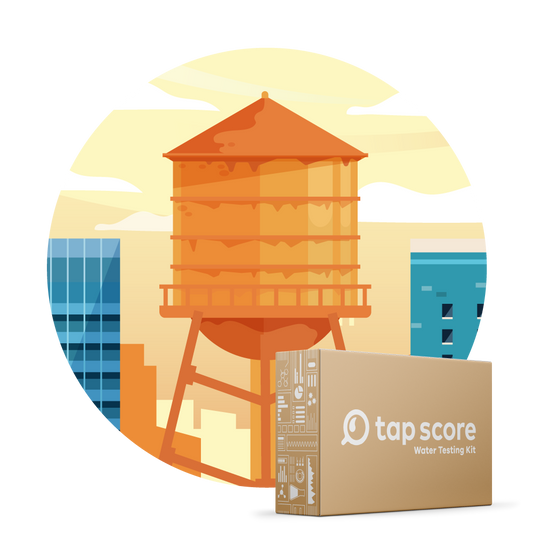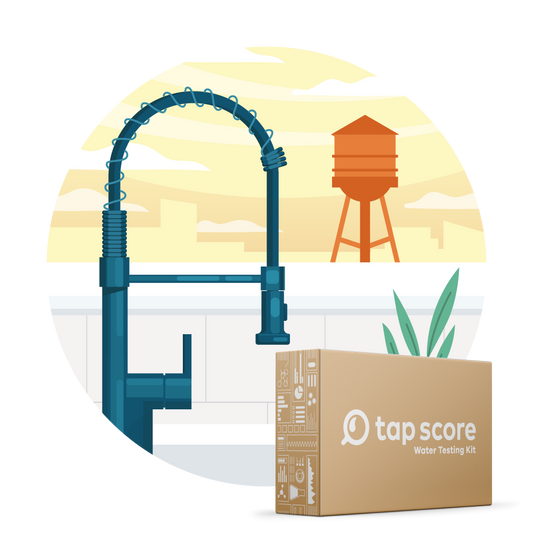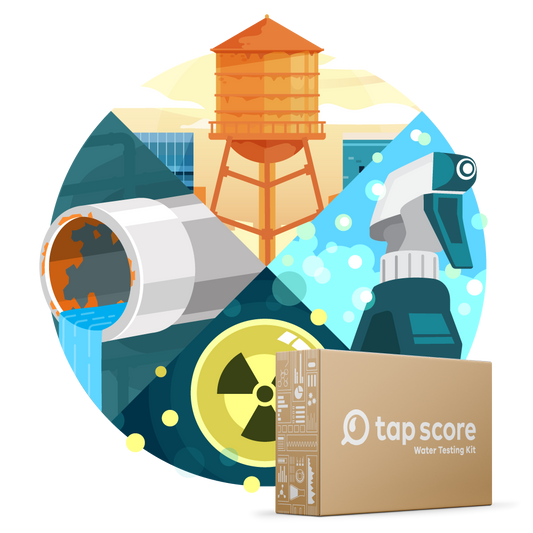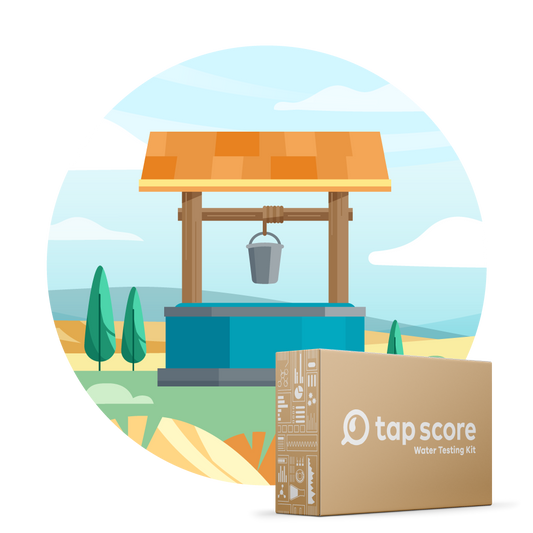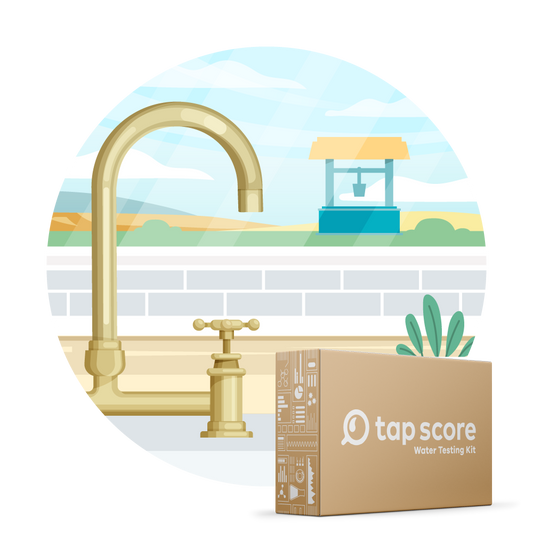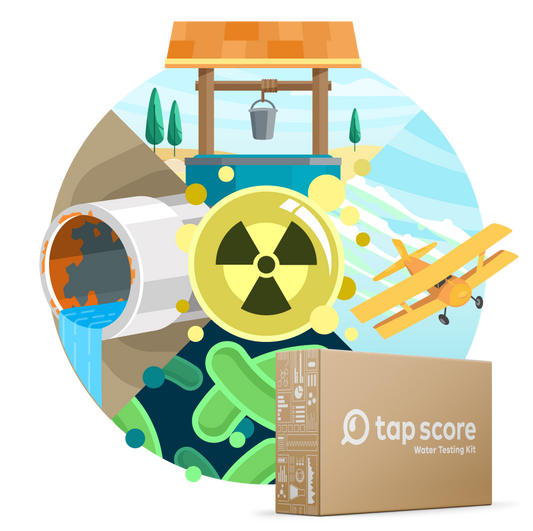
What’s In Your Raw Water?
Our blog is written by real experts— not AI. Each guide is carefully reviewed and updated based on the latest research. Plus, with no affiliate links, you can count on unbiased insights you can trust.
A response on the Raw Water fad from the team at SimpleLab, the maker of Tap Score, a specialized environmental health testing company headquartered in Berkeley, CA.
Most people have a healthy skepticism of the latest marketing craze coming out of Silicon Valley: "Raw Water". While the region is known for its technological innovation, this latest fad would be quite literally the opposite of progress if millions of people switched over to pre-water treatment days.
Raw Water is marketed as a "health drink" that caught the headlines at the turn of the year. The hard truth is that neither bottled water, nor tap water, nor indeed raw water is perfect. There are minerals you want in your water, and chemicals you do not in your water.
We think this is a good time to remind folks about how far we've come in our understanding of environmental water and personal health. Here’s our take on Raw Water.
Raw Water, The Basics:
Water Quality Matters
We don't live in a pristine world. Water runs downhill, so unless you're collecting rainwater in the High Sierra, you're also collecting whatever that water picked up on its way down through developed areas. Even deep wells near populated or industrialized regions are frequently contaminated. In many cases, the toxic chemicals are naturally occurring; most arsenic in groundwater comes from natural rock formations, and it's a deadly poison.
To our good fortune, water treatment plants and engineers exist to actively clean and monitor this water before it gets to your tap. While we think it’s important to test your water even if you have city water, our interest is to empower people to understand their water and identify potential problems–not to discredit water treatment operations like the conspiracy-theory approach of Raw Water sellers.
Untreated spring water promises a high risk of bacteria like Giardia or E. coli. They'll give you diarrhea, or worse. But these 'acute health risks', as we know them in the industry, are just the stuff that will make you sick in the very short term.
SimpleLab, the maker of Tap Score, exists because untreated water can also carry a number of long term health risks. Our job is to quantify those risks using real science, making it simpler than ever to understand how what you drink every day could impact your long term health.
One of the biggest offenses of Raw Water marketing is that it's disingenuous to the people who rely on toxic wells because they've been left behind by public utilities. In many cases those same people have no choice but to drink from a contaminated well or spend their own money on treatment.
The Raw Water sales reps are in effect turning a blind eye to the contaminants that have caused cancers for millions worldwide, while mumbling something about probiotics. We love that every day more people are learning about the importance of the microflora in our intestines. But we're not talking about a carefully cultivated cup of yogurt here.
If You Have to Have it Raw, Test First
The water you drink will never be a meaningful source of nutrients versus the rest of your diet, but it could be a meaningful source of chronic poisons and bacteria. Some wells and springs produce really fantastic water– we know that because we've tested thousands of them. We've also tested hundreds of water samples that contain stuff you don't want to be putting in your body. The fact is: water quality is not a matter of “pure” versus “un-pure”. Bottled water is not necessarily better for you than tap water, and and untreated tap water is not necessarily better than treated tap water.
If you’re ever interested in testing your water (bottled water, tap water or even your “raw” water) then we invite you to run a water quality test with our Tap Score service.






